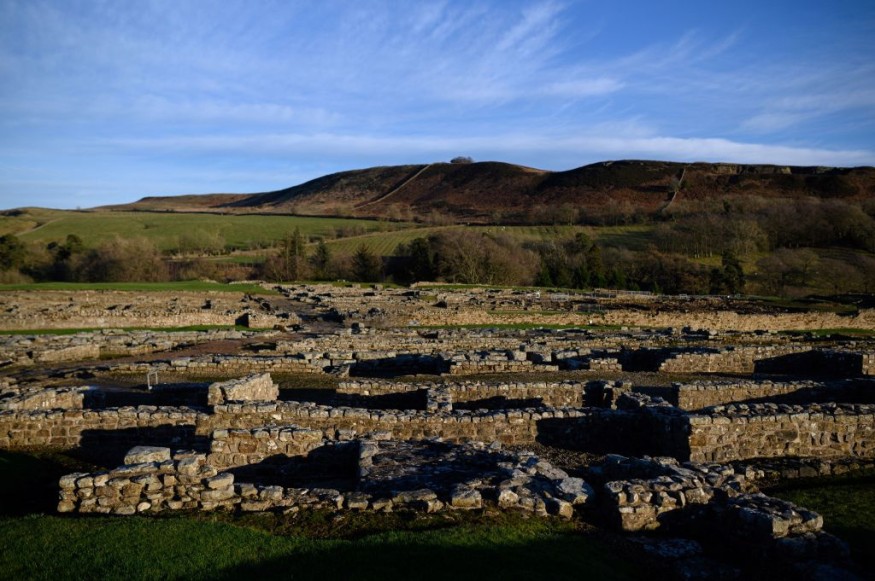
Britain's buried treasures may be in danger as changing weather patterns dry out some peatlands that protects these ancient objects from rotting.
Archaeologists warn this could affect how we understand the past, as about 22,500 UK archaeological sites may be at risk due to climate change. A Roman toilet seat, the world's oldest boxing glove, and the oldest handwritten letter by a woman are some of the ancient, extraordinary objects uncovered by British peatlands.
Peats contain very little oxygen which is why organic materials like wood, leather and textiles can survive for thousands of years when preserved by the stable anoxic chemistry of the soil.
However, if the soils dry, oxygen can enter the system and kick-start the process of decomposition, making artefacts buried beneath quickly rot away.
As per the IUCN, peatlands cover about 10% of UK, and excavating these huge sites could take millions of pounds and decades. Artefacts may have already been badly damaged by then.
The "drying of the peat layer"
For one of the 16 Roman forts along Hadrian's Wall, Magna, the process may have already been under way, BBC News reports.
There had been warnings that the land at Magna has subsided by up to a meter in places in the past decade, and Dr. Andrew Birley, the chief archaeologist at the site, fears evidence of "desiccation" or drying of the peat layer.
It means "a historical time capsule is at risk", he says, because only a tiny part of the site has so far been excavated.
"This place has the potential to be quite frankly, amazing," Dr. Birley said in the BBC News report. "Pretty much everything the Romans used here for 300 or 400 years could have been preserved in more or less the same state it was thrown away, which is an incredible opportunity."
A few miles along Hadrian's Wall, another fort also features ideas of more astonishing objects that could lie hidden at Magna.
Connection to the ancient times
Even day-to-day objects dug from the sites can provide a unique connection to the lives of ordinary people in ancient times. For instance, the world's oldest boxing gloves had been uncovered at Vindolanda, as well as combs, toys and shoes at the site of Roman forts. More Roman footwear has been discovered here than at any other site in the world, and is also the source of the oldest handwritten message by a woman.
"This sort of stuff doesn't normally survive," says Dr Birley. "It can give us amazing insights into what life was really like here on the Northern frontier almost 2,000 years ago."
Experts estimate in a 2010 Scientific Review about 22,500 archaeological sites in or beneath peat in the UK.
Teesside University, Dr Gillian Taylor is analyzing the chemicals in soil cores from the site and understand the processes at work. She notes it would be a "catastrophe" for any organic artefacts if the peat dries. "The risk is they will disappear. We will lose our heritage if we don't look at what's occurring now."
This would have big implications for the understanding of the country's climatic and environmental history.
© 2025 NatureWorldNews.com All rights reserved. Do not reproduce without permission.





